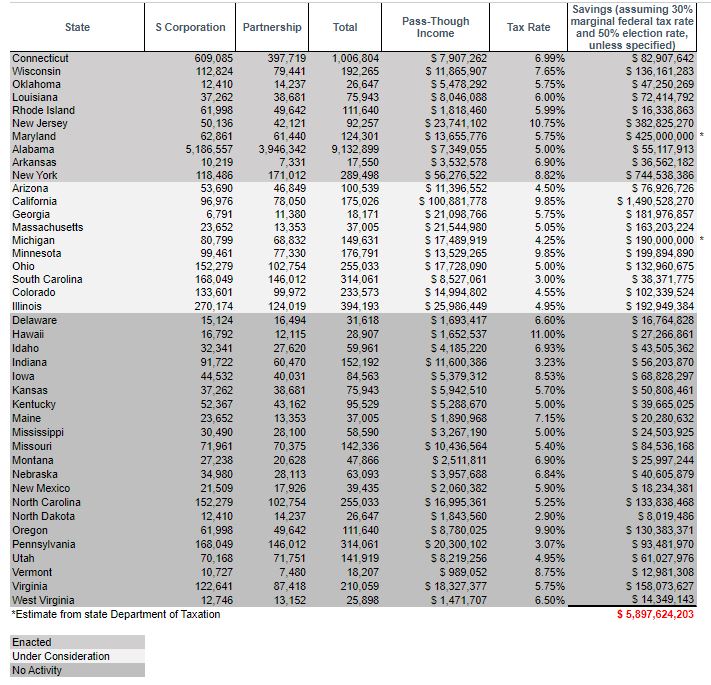With inflation rising at a 40-year high, over 90 business groups called on Congress today to end efforts to pass Build Back Better and instead shift to the pressing issues confronting American families & businesses – rising prices, labor shortages & supply chain disruptions.
A copy of that letter can be downloaded by clicking here, and is below:
The undersigned business trade groups call on Congress and the Administration to end efforts to pass the multi-trillion-dollar tax increase included in the Build Back Better (BBB) bill and focus instead on the challenges confronting American families and businesses today – rising prices, labor shortages, and ongoing supply chain constraints.
Today’s Consumer Price Index report showing inflation rising at the fastest rate in forty years has our members understandably alarmed. Rapidly rising prices are a serious challenge to businesses of all sizes as they make purchasing inventory, supplies, and inputs such as heat and electricity more expensive. In many cases, our members are unable to pass these higher costs on to their customers. Some customers are unable to pay higher prices, while others are locked into long-term contracts that preclude price changes.
These challenges are amplified by today’s constrained labor markets. NFIB’s member surveys rank the ongoing worker shortage as the number one challenge employers face. When businesses do find suitable workers, they often need to offer them higher wages to entice them to come to work. In ordinary times, this would be good for the workers, but as we have seen in recent months, inflation eats away at these nominal pay increases and real wages are actually down this year.
The Administration argues that the Build Back Better bill will help to reduce prices, but those arguments are simply not credible. Our members believe the primary causes of the reemergence of inflation are the Federal Reserve’s continued easy money policies, massive amounts of deficit spending by Congress, and continued supply constraints, some tied to the Administration’s economic and Covid policies.
Raising taxes on America’s family businesses in this environment moves us in the wrong direction. Recent estimates show that more than $500 billion of the Build Back Better’s cost will be shouldered by family businesses and the bill would impose top rates on these businesses exceeding 50 percent. As with increased spending, voters believe these tax increases will be inflationary.
The Federal Reserve has recognized the challenge inflation poses to families and businesses and announced it will begin tapering its quantitative easing purchases in the coming months. Congress needs to make a similar adjustment, beginning by ending efforts to sharply increase federal spending while raising taxes on America’s employers.

